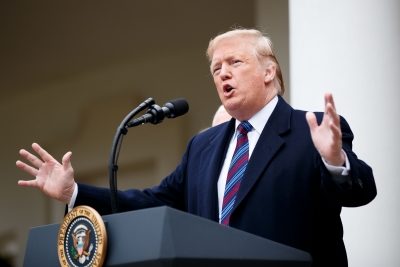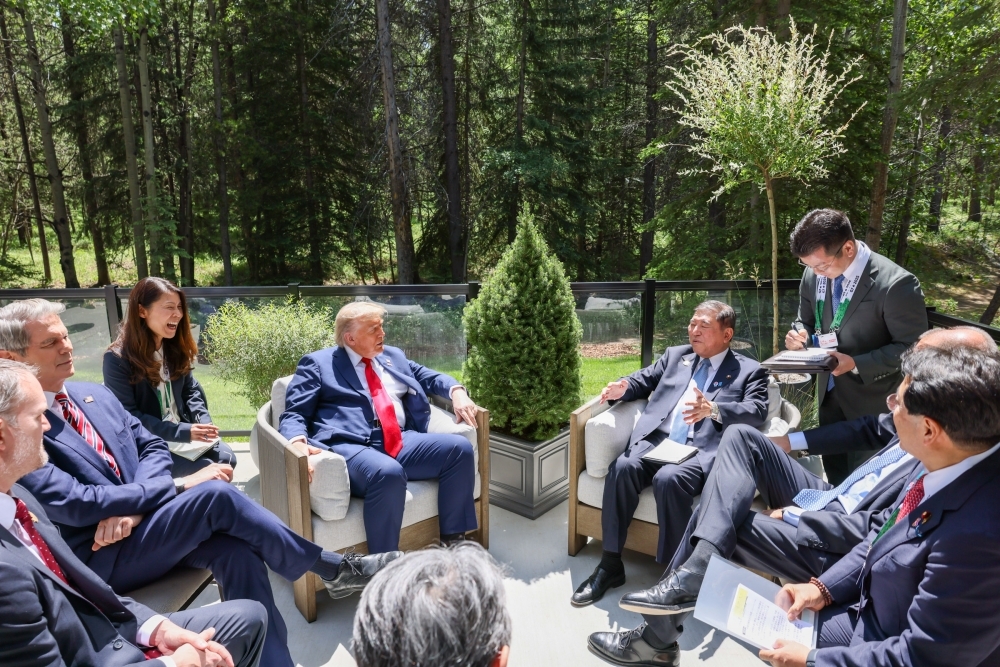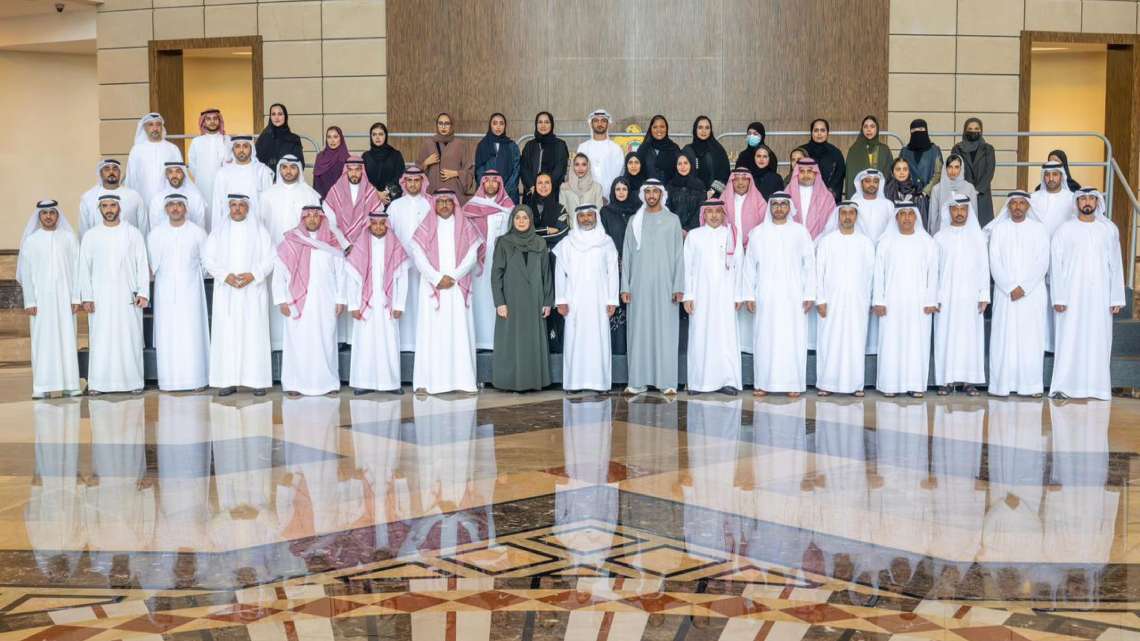Congress established USADF as an independent agency in 1980, with the mandate to support economic development initiatives in Africa
XXX
In a significant legal development, a federal judge in Washington, DC, has temporarily blocked the Trump administration’s efforts to dismantle the US African Development Foundation (USADF), a federal agency that invests in small businesses across Africa. US District Judge Richard Leon ruled that President Trump violated federal law by appointing Pete Marocco as the new head of USADF without Senate confirmation. As a result, Marocco’s actions, which included terminating most of the agency’s employees and effectively ending its grant-making activities, have been deemed void and must be reversed.
Congress established USADF as an independent agency in 1980, with the mandate to support economic development initiatives in Africa. The agency’s board members are required to be confirmed by the US Senate. In 2023, Congress allocated $46 million to USADF to invest in small agricultural and energy infrastructure projects, as well as other economic development initiatives in 22 African countries. This funding was intended to foster growth and stability in these regions through targeted investments in local businesses and communities.
However, on February 19, President Trump issued an executive order directing the scaling back of several federal agencies, including USADF, to the minimum presence required by law. Trump also dismissed the agency’s board members and appointed Marocco as the board chair. This move was met with immediate legal challenges.
On May 21, two USADF staffers and a consulting firm based in Zambia, which works closely with the agency, filed a lawsuit challenging Marocco’s appointment. They argued that the deep cuts to the agency prevented it from fulfilling its congressionally mandated functions. The plaintiffs sought a preliminary injunction, asserting that Marocco’s “slash-and-burn approach” threatened to destroy the agency before their lawsuit could be resolved. They cited the Federal Vacancies Reform Act, which they claimed prohibited Marocco’s appointment and required that any actions taken by an unlawfully appointed individual be undone.
Judge Leon’s ruling has been hailed as a victory for the rule of law and for the communities that rely on USADF’s work. Joel McElvain, senior legal adviser at Democracy Forward, the organization representing the plaintiffs, stated, “This is a victory for the rule of law and the communities that rely on USADF’s vital work. We will continue fighting against these power grabs to protect USADF’s ability to fulfill the mission that Congress gave it to perform.”
In response to the lawsuit, US Attorney Jeanine Pirro argued in court documents that the Federal Vacancies Reform Act does not apply to USADF and that the president has the authority to designate acting members of the agency’s board until the Senate confirms his nominees. Pirro also contended that any claims regarding the cuts themselves should be addressed in the Court of Federal Claims, rather than in federal district court.
Despite these arguments, Judge Leon found that while Trump had the legal authority to dismiss the previous members of the USADF board, Marocco’s appointment without Senate confirmation violated federal law. The judge’s decision has temporarily halted the dismantling of USADF, allowing the agency to continue its vital work in supporting African small businesses and economic development initiatives.
The ruling underscores the importance of adhering to established legal processes and the checks and balances inherent in the US government’s system. It also highlights the ongoing legal battles surrounding executive authority and the need for transparency and accountability in the appointment of federal officials.
As the legal battle continues, the future of USADF remains uncertain. However, Judge Leon’s decision provides a temporary reprieve for the agency and the communities it serves, ensuring that its work can continue while the legal issues are resolved. The outcome of this case will have significant implications for the agency’s future and for the broader debate on executive authority and the rule of law in the United States.











